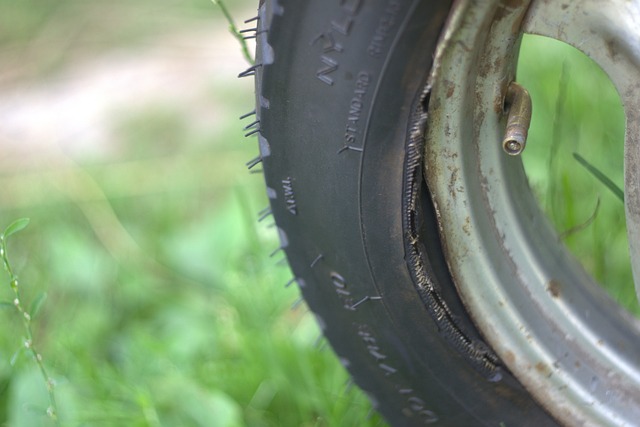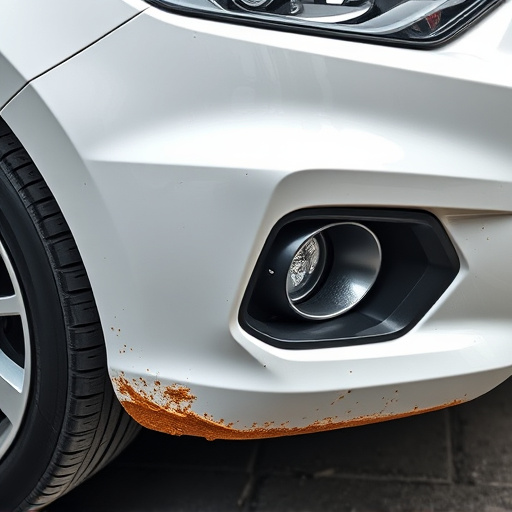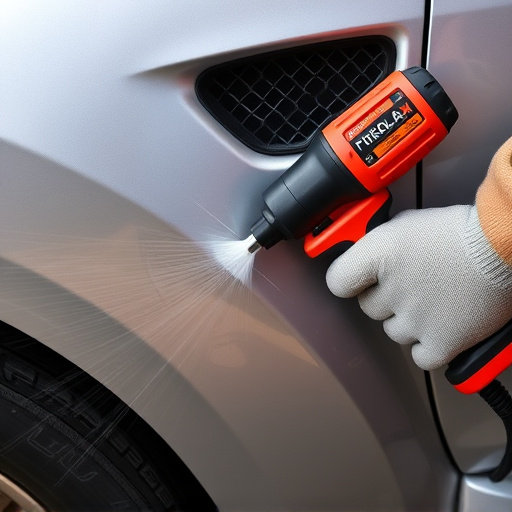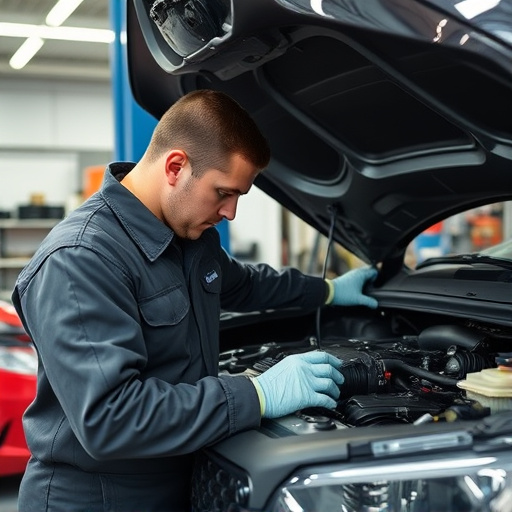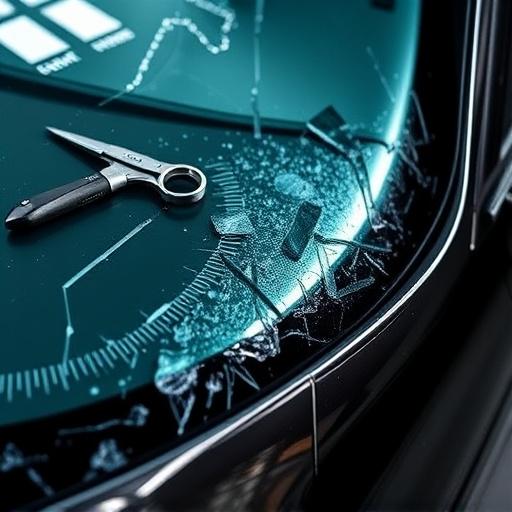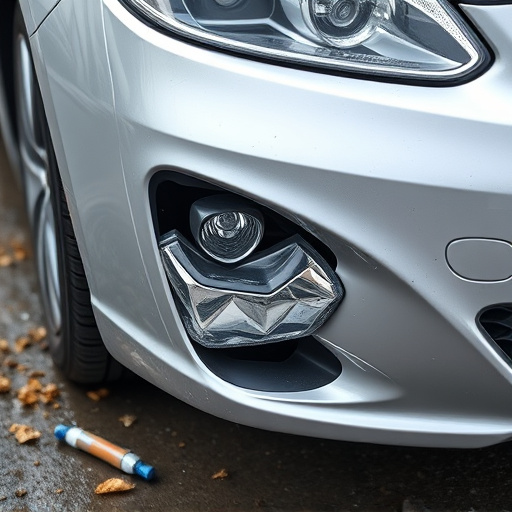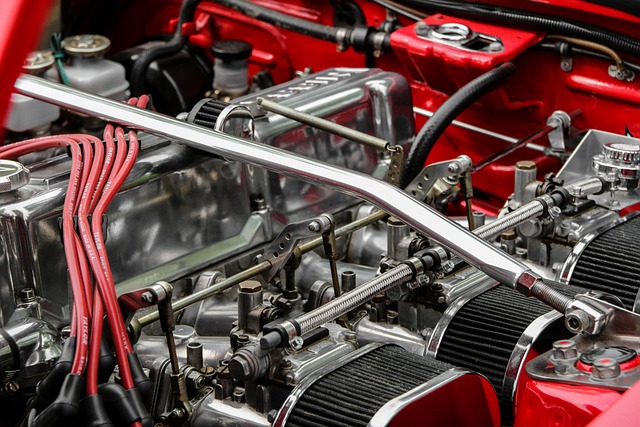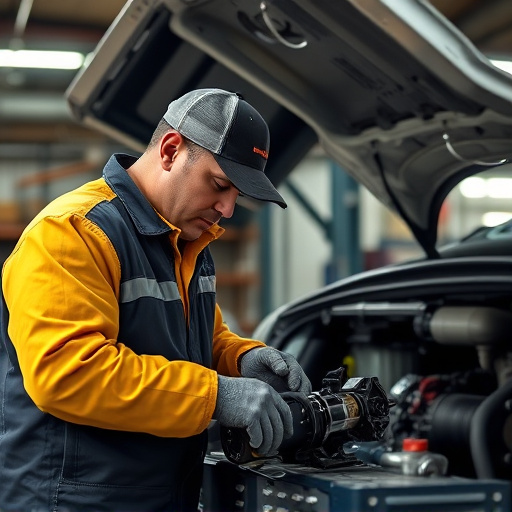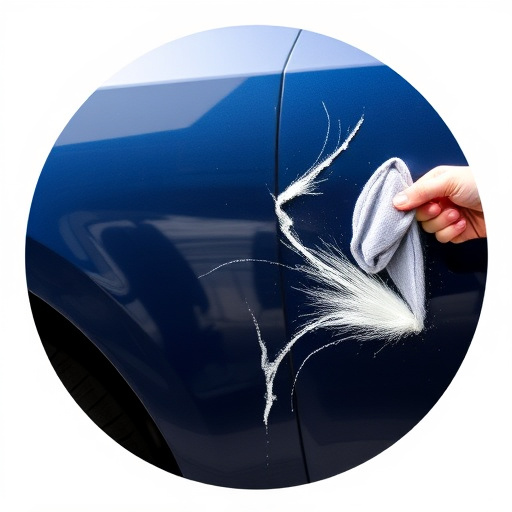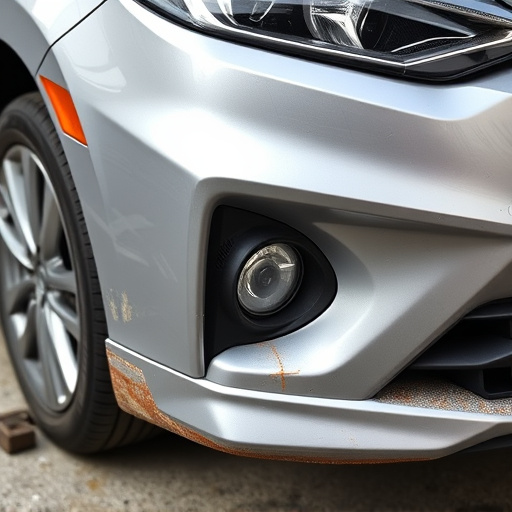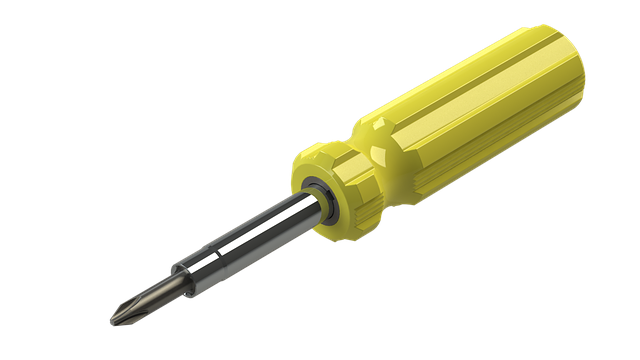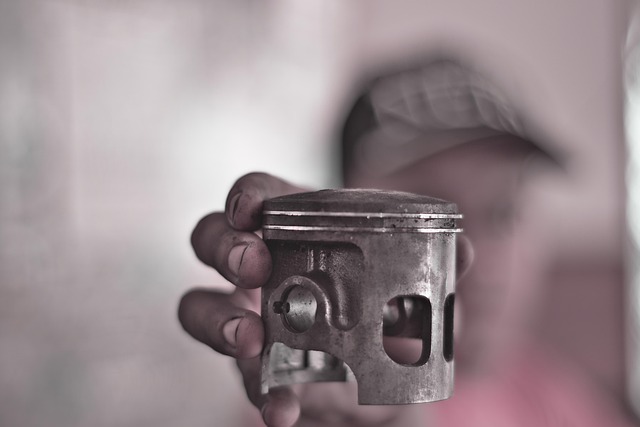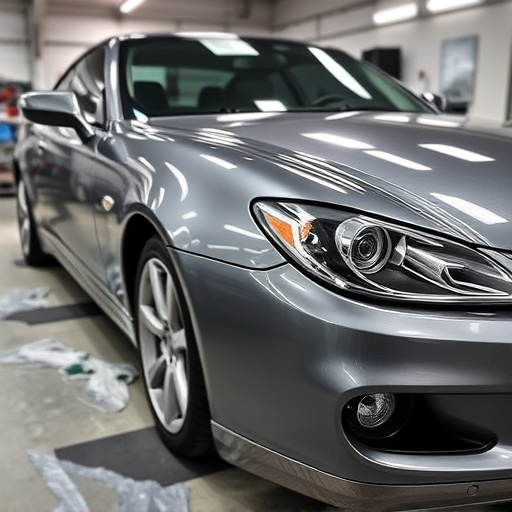Mercedes impact sensor calibration is a meticulous process ensuring accurate crash detection timing, vital for effective collision repair and vehicle safety. Sensors, strategically placed in the vehicle, measure collision force and duration to trigger safety features promptly. Regular calibration, especially post potential damage or repairs, refines sensitivity and response time, minimizing structural damage and enhancing road safety for drivers and passengers.
Mercedes impact sensor calibration is a critical process ensuring accurate crash detection timing. These sensors, integrated into modern vehicles, play a pivotal role in activating safety systems within milliseconds of a collision. Calibration fine-tunes their responsiveness, enhancing passenger safety by optimizing the vital initial response period. This article delves into the significance of Mercedes impact sensor calibration, explores its benefits, and provides a step-by-step guide to maintaining optimal sensor performance.
- Understanding Mercedes Impact Sensors: Their Role in Crash Detection
- Importance of Calibration: Enhancing Timing Accuracy for Critical Milliseconds
- The Process: Step-by-Step Guide to Ensuring Optimal Sensor Performance
Understanding Mercedes Impact Sensors: Their Role in Crash Detection

Mercedes impact sensors play a pivotal role in the brand’s advanced crash detection systems. These sophisticated devices are strategically placed throughout the vehicle to monitor and analyze external forces during an accident, providing crucial data for deployment of airbags and other safety features. Calibrating these sensors is essential to ensure their accuracy and reliability in critical situations.
Proper Mercedes impact sensor calibration involves fine-tuning the system’s sensitivity and response time, allowing it to distinguish between minor bumps and genuine collisions. This process guarantees that the vehicle’s safety mechanisms activate precisely when needed, enhancing the overall protection for passengers. Maintaining accurate calibration is a vital aspect of regular vehicle maintenance, ensuring optimal performance of car repair services and minimizing potential damage from accidents in the event of a car collision repair.
Importance of Calibration: Enhancing Timing Accuracy for Critical Milliseconds

The importance of Mercedes impact sensor calibration cannot be overstated. In the critical moments following a collision, accurate timing can make all the difference in how effectively emergency services respond and how severe the outcome is for those involved. Impact sensors, integral components of modern vehicle safety systems, play a pivotal role in detecting and measuring the force and duration of a crash. Calibration ensures these sensors function optimally, providing precise data that helps determine the exact timing of the impact.
This meticulous process aligns the sensors’ readings with the real-world conditions of a collision, ensuring the system can accurately trigger safety features such as airbags and crumple zones at the opportune moment. In an auto body shop or auto collision center, where auto body work is carried out following accidents, precise timing can mean the difference between minor repairs and significant structural damage. Therefore, regular calibration of impact sensors is not just a best practice but a vital step in enhancing road safety and ensuring effective protection for drivers and passengers alike.
The Process: Step-by-Step Guide to Ensuring Optimal Sensor Performance

Mercedes impact sensor calibration is a meticulous process designed to ensure accurate crash detection timing, critical for effective collision repair and vehicle safety. The procedure involves several precise steps that optimize sensor performance. Firstly, inspect each sensor for any physical damage or debris accumulation. Cleanliness is key; contaminated sensors can yield inaccurate readings. Next, utilize specialized equipment to test the sensor’s response to simulated impacts at varying intensities. This step calibrates the sensor’s trigger points, ensuring it responds appropriately under real-world conditions.
Following testing, adjust the sensor’s settings based on the calibration data. This fine-tuning refines its sensitivity and timing, crucial for accurate crash detection. Regular calibration is essential, especially after potential damage or during vehicle dent repair and auto glass replacement, as these processes may affect sensor integrity. Maintaining optimal sensor performance through proper Mercedes impact sensor calibration safeguards against collision repair mishaps and enhances the overall safety of the vehicle.
Mercedes impact sensor calibration is a vital process that ensures accurate crash detection timing, crucial for effective safety systems. By enhancing the precision of these sensors, vehicles can respond faster during emergencies, potentially saving lives. Understanding and maintaining proper calibration procedures are essential steps in optimizing the performance of Mercedes impact sensors, ultimately fostering safer driving conditions.
